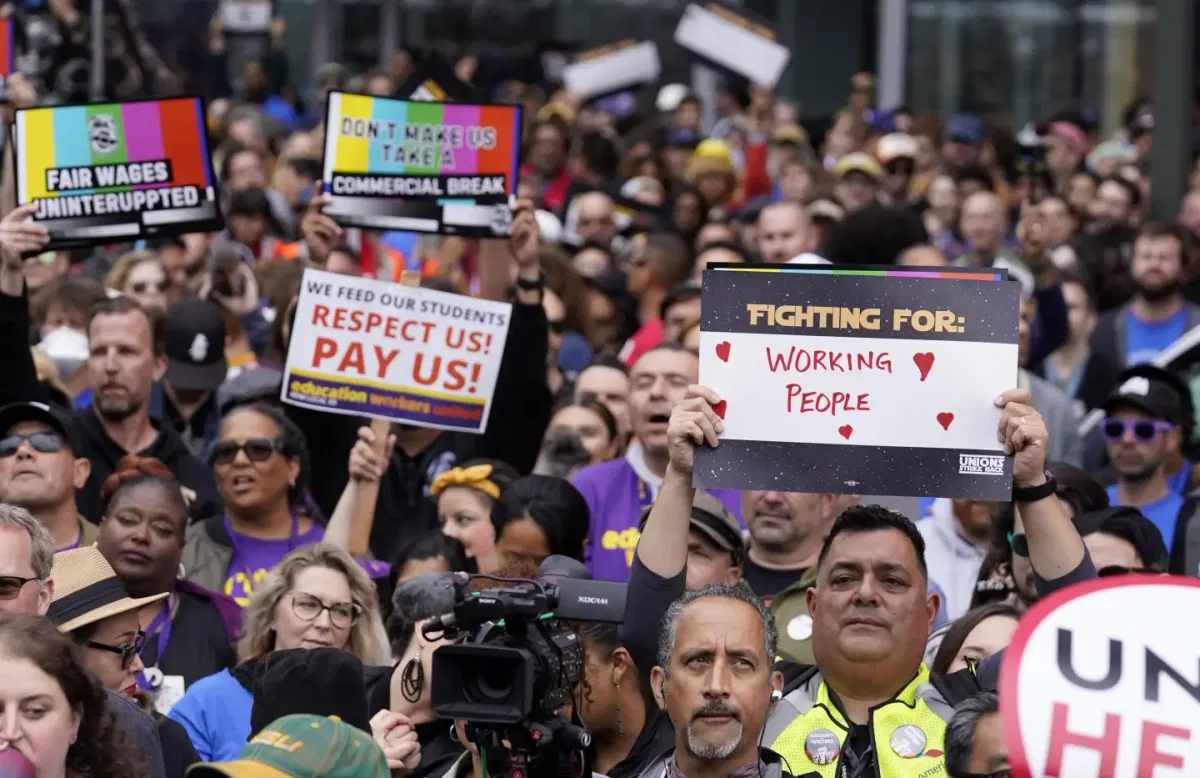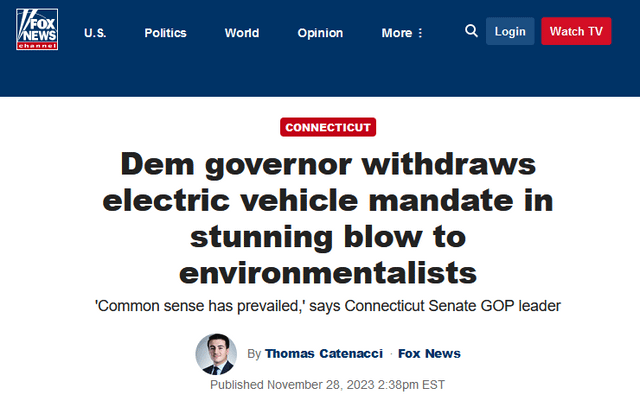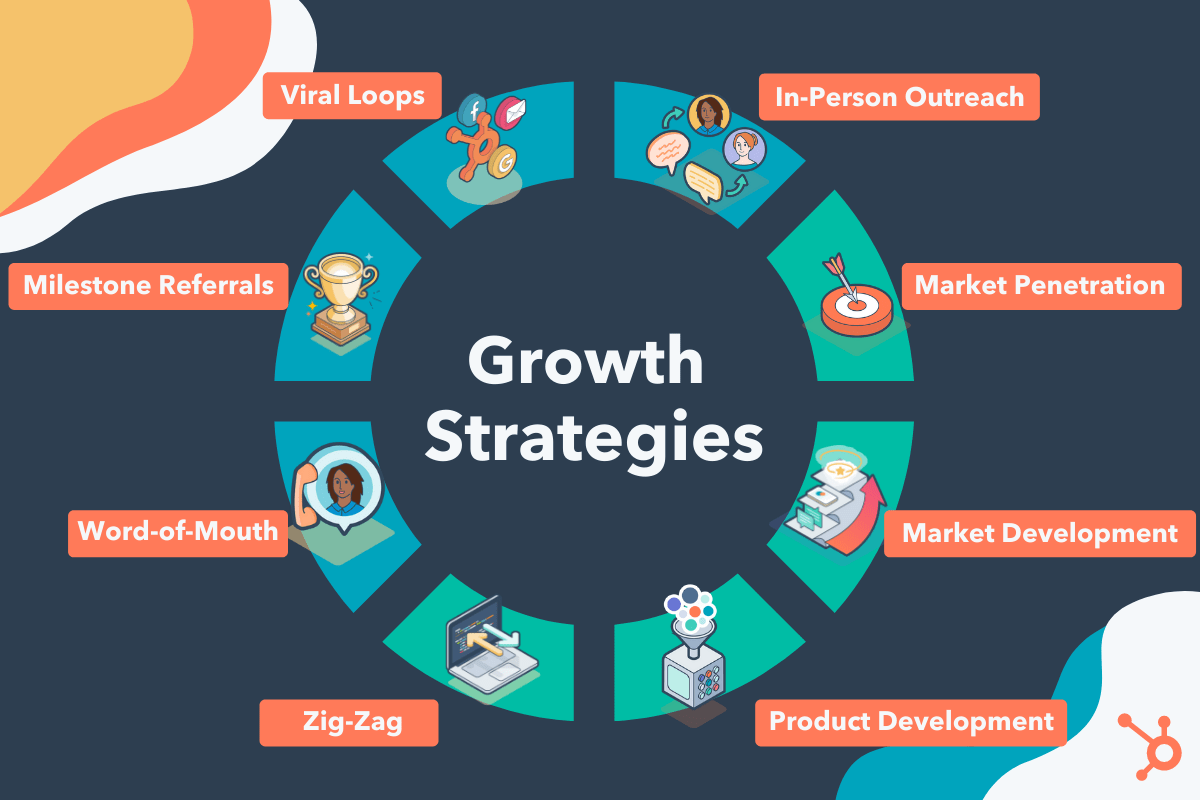Hollywood Production Grinds To Halt As Actors And Writers Strike

Table of Contents
The Core Demands of the WGA and SAG-AFTRA Strike
The Hollywood strike isn't simply about pay; it's a fight for fair compensation, improved working conditions, and the future of creative labor in the age of streaming and artificial intelligence. Both the WGA and SAG-AFTRA have presented a united front, highlighting critical concerns impacting their members.
Writers' Concerns:
The WGA strike is driven by several key demands, all stemming from the changing landscape of the entertainment industry. The rise of streaming services has fundamentally altered the economics of television and film, leaving many writers struggling to maintain a livable wage.
- Fair wages and residuals in the streaming era: Traditional residuals, payments received each time a show or movie airs, have been significantly diminished in the streaming model. The WGA is demanding a fairer system of compensation that reflects the massive profits generated by streaming platforms.
- Protecting writers from the negative impacts of AI in scriptwriting: The increasing use of AI in scriptwriting poses a significant threat to writers' livelihoods. The WGA is pushing for protections to prevent the replacement of human writers with AI algorithms.
- Minimum staffing levels on productions: Years of cost-cutting have led to significantly reduced writing staffs on many productions. The WGA seeks to establish minimum staffing levels to ensure fair workloads and prevent exploitation.
- Improved working conditions: The WGA aims to address issues like long hours, unreasonable deadlines, and a lack of job security.
Actors' Concerns:
SAG-AFTRA's concerns mirror those of the WGA, with a focus on fair compensation in the streaming age and the growing threat of AI.
- Fair wages and residuals, especially concerning streaming revenue: Similar to the WGA, SAG-AFTRA is demanding a more equitable share of streaming profits, as actors often receive significantly less than they did under traditional broadcast models.
- Protection against the misuse of AI and digital likeness: The use of AI to create digital likenesses of actors without their consent or compensation is a major concern. SAG-AFTRA is fighting to protect actors' rights and prevent the exploitation of their image.
- Improved health and safety regulations on set: The union seeks to strengthen safety protocols and regulations on film and television sets to protect actors from potential harm.
- Regulation of self-tape auditions: The increasing reliance on self-tape auditions places an unfair burden on actors, who often incur costs for equipment and space without adequate compensation. The union seeks to regulate this practice.
The Impact of the Hollywood Strike on the Entertainment Industry
The Hollywood strike's impact extends far beyond the actors and writers directly involved. Its ramifications are felt throughout the entertainment industry and even beyond.
Production Delays and Cancellations:
The strike has brought countless film and television projects to a standstill. Major productions, including late-night shows, network dramas, and blockbuster films, have been significantly delayed or completely cancelled, leading to:
- Economic impact on production companies, studios, and crew members: Thousands of crew members, from grips and gaffers to catering staff and transportation workers, are facing unemployment.
- Ripple effect on related industries: Businesses that rely on Hollywood productions, such as hotels, restaurants, and local economies, are also suffering.
The Impact on Streaming Services:
Streaming services are feeling the pinch as well, facing:
- Content shortages and potential subscriber loss: A lack of new content could lead to subscriber churn and negatively impact revenue.
- Delayed release dates for upcoming shows and movies: The production delays are pushing back release schedules, affecting marketing plans and audience expectations.
The Impact on Actors and Writers:
For the striking workers, the consequences are dire:
- Lost income and difficulties in finding alternative work: Many actors and writers rely on project-to-project employment and face significant financial hardship during the strike.
- Potential long-term effects on careers: Extended periods of unemployment could have lasting negative impacts on actors and writers' careers.
Potential Resolutions and the Future of the Hollywood Strike
The resolution of the Hollywood strike remains uncertain. The negotiations between the unions and the Alliance of Motion Picture and Television Producers (AMPTP) are complex and fraught with challenges.
Negotiation Strategies and Challenges:
- Key sticking points: The core issues revolve around fair compensation, particularly residuals in the streaming era, and the use of AI.
- Potential compromise solutions: Finding a compromise that satisfies both the unions and the studios will require significant concessions on both sides.
- The role of public opinion and media coverage: Public support for the strike could influence the outcome of the negotiations.
Long-Term Implications for the Entertainment Industry:
The Hollywood strike could have profound and lasting implications for the entertainment industry, including:
- Changes in labor practices and industry structures: The strike could lead to significant reforms in how the entertainment industry operates, potentially increasing union power and improving working conditions.
- The future of AI in entertainment and its impact on creative workers: The negotiations will play a significant role in shaping the future of AI in entertainment and how it interacts with human creativity.
Conclusion
The Hollywood strike is a pivotal moment in the entertainment industry, highlighting the growing disparity between the profits generated by streaming services and the compensation received by the creative workforce. The core demands of both the WGA and SAG-AFTRA – fair wages, residuals, protection against AI, and improved working conditions – are crucial for ensuring a sustainable future for the industry. The long-term consequences of this labor dispute will undoubtedly reshape the landscape of Hollywood production and the way creative work is valued and compensated. Stay informed about the ongoing Hollywood strike and its impact on your favorite shows and movies. Follow the developments in the negotiations and learn more about the issues driving the Hollywood strike to understand the future of Hollywood production.

Featured Posts
-
 Dealers Intensify Fight Against Ev Mandate Requirements
Apr 28, 2025
Dealers Intensify Fight Against Ev Mandate Requirements
Apr 28, 2025 -
 Martinsville Speedway Hamlins End To The Dry Spell
Apr 28, 2025
Martinsville Speedway Hamlins End To The Dry Spell
Apr 28, 2025 -
 Heartwarming Tribute Espn Salutes Cassidy Hubbarths Legacy
Apr 28, 2025
Heartwarming Tribute Espn Salutes Cassidy Hubbarths Legacy
Apr 28, 2025 -
 Virginia Giuffres Death Implications For Ongoing Investigations Into Epsteins Network
Apr 28, 2025
Virginia Giuffres Death Implications For Ongoing Investigations Into Epsteins Network
Apr 28, 2025 -
 Growth Markets A Comprehensive Map Of The Countrys Business Hot Spots
Apr 28, 2025
Growth Markets A Comprehensive Map Of The Countrys Business Hot Spots
Apr 28, 2025
